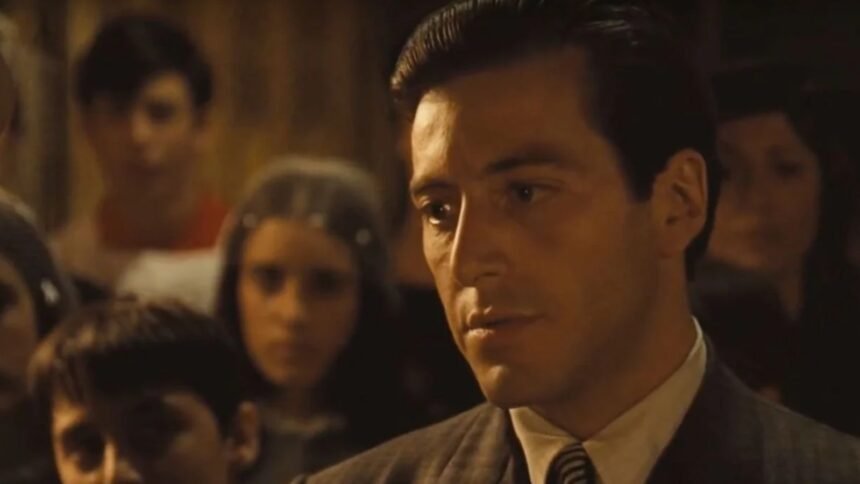In the vast landscape of cinema, certain films stand as timeless masterpieces, transcending genres and generations. While opinions on the “best” movies may vary, there are several that consistently find their way into discussions about cinematic excellence. Here’s a curated list, acknowledging the diverse artistry and storytelling prowess that defines the best movies of all time.
1. The Godfather (1972)
Francis Ford Coppola’s “The Godfather” is more than a crime saga; it’s a narrative masterpiece. Marrying stellar performances by Al Pacino and Marlon Brando with a gripping portrayal of power dynamics in a mafia family, this film sets a standard for storytelling that few have matched.
2. Shawshank Redemption (1994)
Based on a Stephen King novella, “Shawshank Redemption” directed by Frank Darabont is a testament to the resilience of the human spirit. With stellar performances by Tim Robbins and Morgan Freeman, this tale of hope and redemption within the confines of a prison is both poignant and unforgettable.
3. Citizen Kane (1941)
Orson Welles’ “Citizen Kane” is a landmark in cinema history, often regarded as a pioneer in narrative and cinematography. The film’s exploration of the complexities of wealth, power, and loneliness remains relevant, and its influence on filmmaking is profound.
4. The Dark Knight (2008)
Christopher Nolan’s “The Dark Knight” revolutionized the superhero genre, presenting a dark and complex narrative. Heath Ledger’s iconic portrayal of the Joker adds an element of unpredictability, making it a standout entry in both comic book adaptations and crime dramas.
5. Schindler’s List (1993)
Steven Spielberg’s “Schindler’s List” is a haunting and powerful depiction of the Holocaust. Liam Neeson’s portrayal of Oskar Schindler, a German businessman who saved the lives of over a thousand Polish Jews, is both moving and unforgettable.
While these films represent a fraction of cinematic excellence, the beauty of cinema lies in its diversity. Genres ranging from drama to science fiction, and eras spanning decades, offer a rich tapestry of storytelling. Classics like “Casablanca,” “Gone with the Wind,” and “Lawrence of Arabia” have left an indelible mark on the cinematic landscape.
In the realm of animation, Disney’s “The Lion King” and Pixar’s “Toy Story” have captivated audiences of all ages. Meanwhile, the works of directors like Akira Kurosawa (“Seven Samurai”) and Alfred Hitchcock (“Psycho”) continue to be studied and celebrated for their innovation and impact.
As we navigate the ever-evolving world of cinema, new gems emerge. Filmmakers like Quentin Tarantino (“Pulp Fiction,” “Django Unchained”) and Christopher Nolan (“Inception,” “Interstellar”) push the boundaries of storytelling, captivating audiences with their unique visions.
Ultimately, the “best” movies are subjective, shaped by personal preferences, cultural influences, and societal contexts. Exploring the rich tapestry of cinema allows us to appreciate the art form in all its diversity, recognizing that each film, whether a classic or a contemporary masterpiece, contributes to the collective magic of storytelling on the silver screen.






